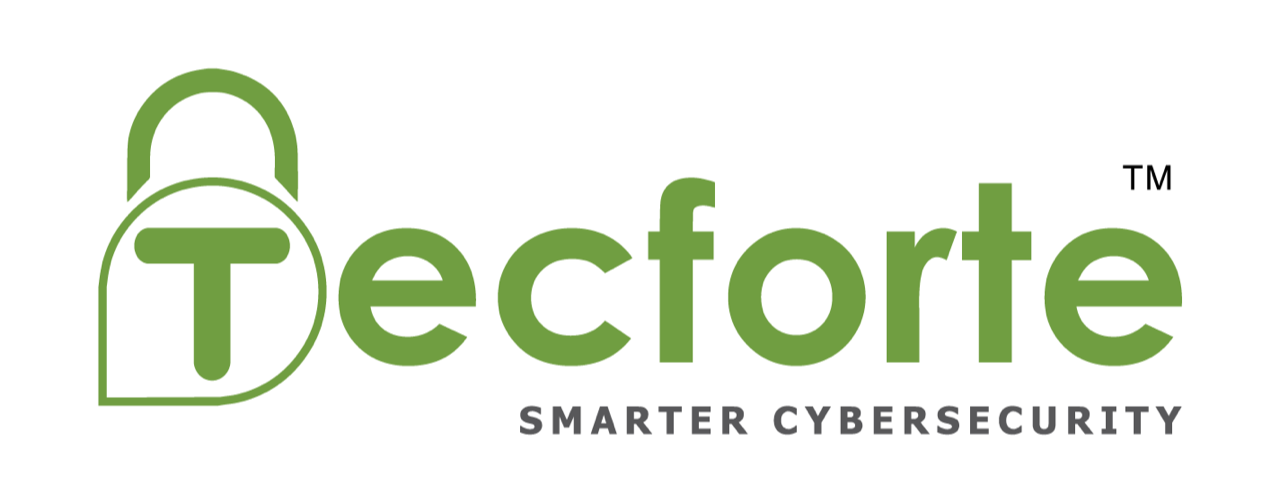This job is no longer available. View other similar jobs below.

Senior Industrial IoT Engineer
Similar Jobs You Might Like
IoT Application Engineer – RFID & Industry 4.0 Specialist
Full-TimeSelangor1 to 3 Years of Exp

Inchz IoT Sdn Bhd
Senior Software Engineer
Full-TimeKuala Lumpur4 to 7 Years of Exp

Webplus Digital Sdn Bhd
Senior Cloud Engineer
Full-TimeKuala Lumpur10 to 20 Years of Exp
Snappymob
Mobile App Developer / Full Stack Web Developer / IoT Specialist
Full-TimeKuala Lumpur5 Years of Exp

Softwell Sdn Bhd
Senior System Engineer
Full-TimeSelangor5 to 7 Years of Exp

Hiredly X
Senior DevOps Engineer
Full-TimeSelangor8 to 10 Years of Exp

Hiredly X
Senior Software Engineer
Full-TimeSelangor4 to 7 Years of Exp

Tecforte Sdn Bhd
Senior Software Developer (Fullstack)
Full-TimeKuala Lumpur4 to 7 Years of Exp

Tranglo
Senior Software Engineer (Angular & Spring Boot) - 4 days WFH!
Full-TimeSelangor4 to 7 Years of Exp

Hiredly X
Company Profile

Quantum Computing Sdn. Bhd.
Our Motto & Tagline: Enhancing Human PotentialWe believe that technology should help enhance human talent and potential in all fields. Quantum Computing was established in 2019 with its headquarters in Petaling Jaya, Malaysia. Our aim is to elevate Industrial Control System (ICS) or Operational Technology (OT) in existing production floors to Industry 4.0 (IR4.0) based platforms. Our solutions are based on...